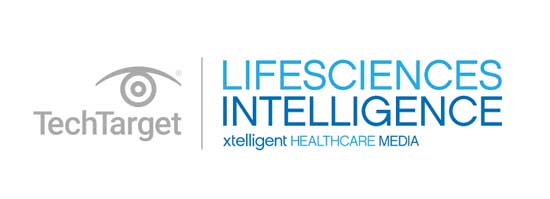Using Digital Health Solutions to Address Rural Healthcare Disparities
By Alivia Kaylor
– Patients living in rural areas often have limited access to specialty healthcare, resulting in significant health disparities. The lack of specialists and long wait times means that patients often miss their appointments or end up in the emergency department (ED). In addition, patients on Medicaid or Medicare face further barriers due to a lack of in-network providers.
“Patients often postpone seeking specialty care due to long wait times and other care access roadblocks,” Brooke LeVasseur, CEO of AristaMD, told LifeSciencesIntelligence. “Because there are not enough specialists to meet demand, the average wait time can be close to a month, with peak times approaching a year.”
Rural Health Disparities
The United States Census Bureau defines rural areas as home to over 46 million Americans, or 15% of the population, with a growing body of research from the CDC exposing the significant health gap between rural and urban populations. Compared to their urban counterparts, rural Americans encounter many health disparities resulting from access barriers.
“Specialists are often more concentrated in urban areas, making access to specialty healthcare challenging for patients in rural parts of the country,” LeVasseur explained.
Managed Care Patients Using Medicaid See Benefits From Digital Health Solutions, Like eConsults

Medicaid and Medicaid recognize the benefits of managed care for patients. Managed Care is vital to the health and well-being of our communities and population. April is Medicaid Awareness month, and we want to share some important facts about the impact of Medicaid coverage and the benefits telehealth systems can offer—such as an eConsult platform—to provide services to this patient population more effectively.
Accessing specialty healthcare can be difficult for many individuals in the United States due to several factors. One of the main barriers is the high cost of healthcare services, particularly for those without health insurance or limited coverage. Many specialty care services, such as surgeries or advanced diagnostic testing, can be prohibitively expensive, making them unattainable for those who need help to afford them. Even those with health insurance come across many barriers to accessing specialty care. There is a shortage of specialists in certain areas, particularly in rural or underserved communities, which can lead to long appointment wait times for appointments or difficulty finding a specialist who accepts a patient’s insurance. Navigating the complex healthcare system can be challenging, particularly for those who need to speak English or are unfamiliar with obtaining referrals and authorizations.

